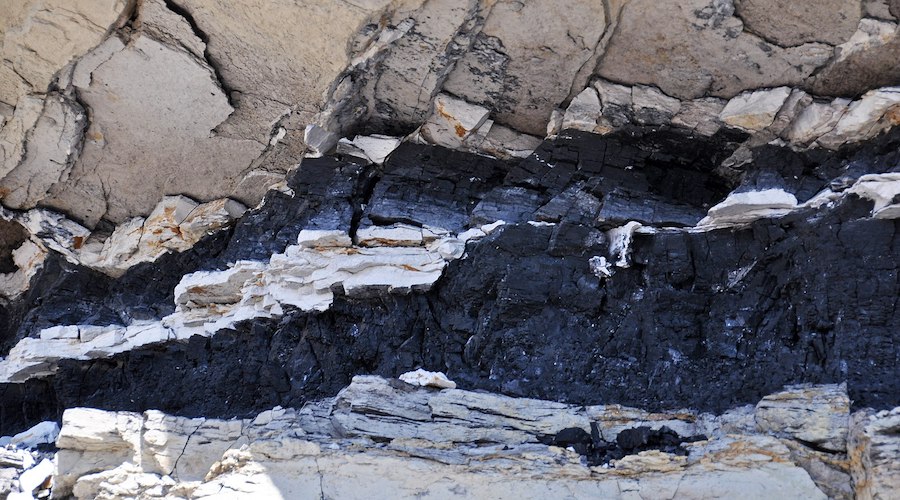Hey Chefs, Want To Make A Difference In The Climate Movement?


Sign up for daily news updates from CleanTechnica on email. Or follow us on Google News!
I’ve long believed we can all make a difference in the climate movement. Some differences are bigger than others, of course, and it’s about executing a strategy that maximizes our impact vs our effort, so that we can, cumulatively, get more done.
Recently I came across a way that chefs can really drive climate action. Chefs have been instrumental in this movement for decades already, fostering a burgeoning farm to table movement and integrating local and organic products as much as possible. The connection people feel to their food is so personal that when they read a menu that includes that such and such ingredient is from such and such local farm, it not only makes them feel good, it creates a lasting sense that eating local and supporting farmers is good.
Now, however, chefs have a whole other way to get involved, and that is through the Building Decarbonization Coalition’s Chefluencer program.
According to BDC, “Because Chefs hold the keys to our hearts and minds when it comes to the kitchen, their influence on the shift to a fossil fuel-free future cannot be understated. The BDC trains chefs not just to cook using induction, but to speak to the benefits, and return to their communities to engage and inspire people with their passion and experience, thus lowering the barrier to an all-electric home. By mobilizing Chefs as climate leaders, we accelerate the movement to full decarbonization.”
Amen! I’ve talked with many a chef over the years who are fully on board with everything to solve climate change, but are resistant to letting go of their gas stoves. Gas stoves provide a few things chefs like that are better than the old school electric cooktops, such as precision temperature control and even heating. Induction cookstoves offer these features and a whole lot more, like much more rapid heating (saving chefs time in the kitchen? yes please) and cooling after use.
Induction cookstoves are the best for energy efficiency, as well, and also provide the benefit of tearing out that natural gas and replacing it with an all electric kitchen that can be powered by solar energy.
Please share this post with any chefs you know!
The BDC will provide training and support to chefs to help them in this transition, as well as ongoing education to help them communicate it well to others in their kitchen or eating their food — turning chefs into climate ambassadors. And who’s gonna argue with the chef who’s making you an incredible meal? 🙂
Chip in a few dollars a month to help support independent cleantech coverage that helps to accelerate the cleantech revolution!
Have a tip for CleanTechnica? Want to advertise? Want to suggest a guest for our CleanTech Talk podcast? Contact us here.
Sign up for our daily newsletter for 15 new cleantech stories a day. Or sign up for our weekly one if daily is too frequent.
CleanTechnica uses affiliate links. See our policy here.
CleanTechnica’s Comment Policy
This post has been syndicated from a third-party source. View the original article here.




